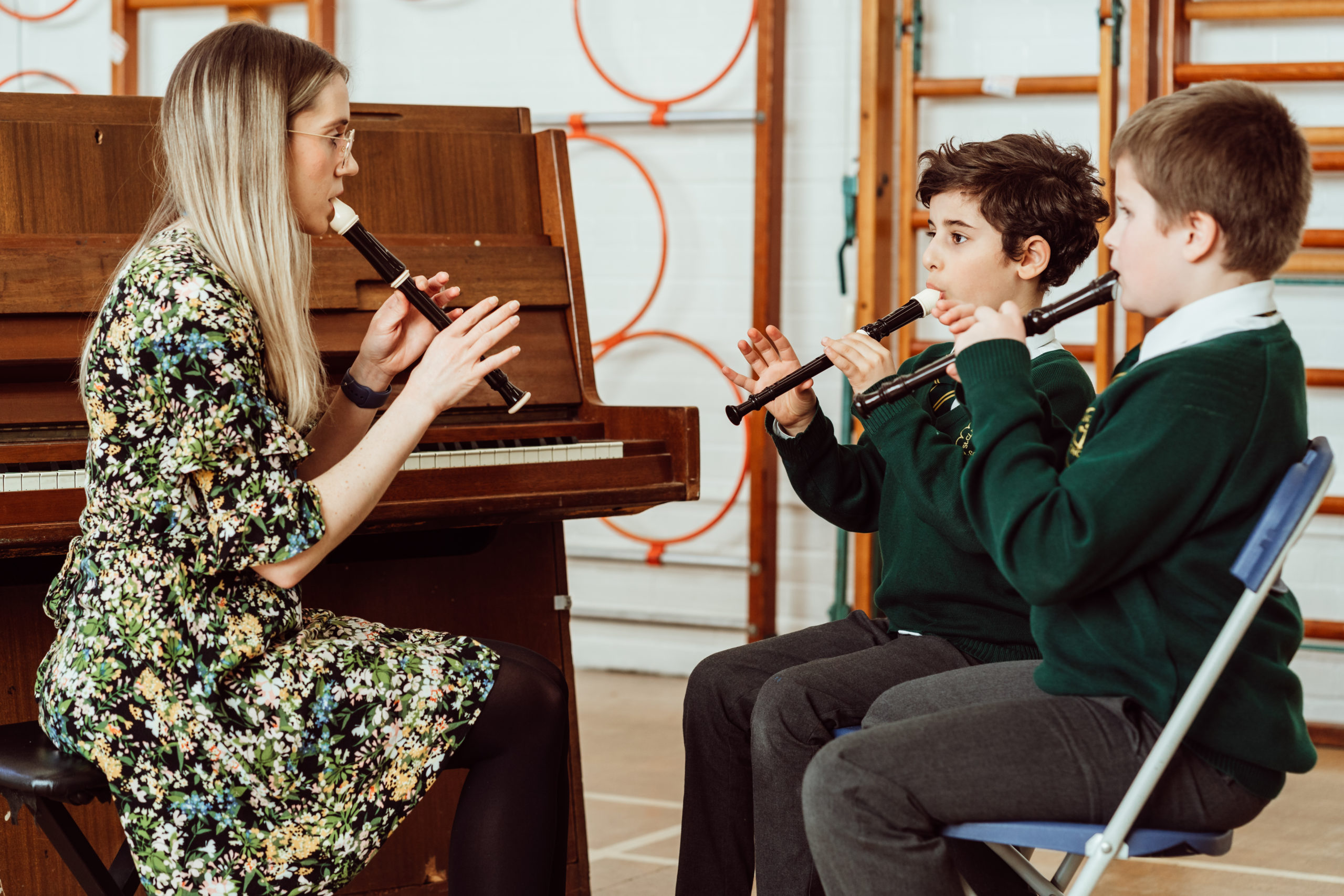When a teacher initially starts with Sing Education, naturally they find it necessary to spend some extra time learning the resources, learning the repertoire and simply getting to grips with their new job and the requirements they need to deliver. Teachers typically find that when they begin with Sing Education, this takes a lot longer than it does once they’re settled. This means that you’ll likely find there is an initial period of putting in extra time, which is only going to enable you to be more confident in the classroom and to be able to enjoy and thrive in the classroom environment because you know the material so well.
However, our teachers always reassure new teachers that this tends to lessen as the time goes on, as you become more confident, you become quicker at learning, you find that you already know some of the material because things come back around in our Schemes of Work.
For new teachers, there are pre-planned singing assembly and club resources, to help you out as you begin your role. Once you’re settled in, you will need to spend time preparing singing assemblies and clubs, using our bank of resources. Lots of the preparation is there for you, but you will need to choose your repertoire and plan your extra-curricular sessions out.
There is also a small element of administration that needs to be done outside of school hours, for instance, communication, sharing your experiences with the rest of the Sing Education team, planning for extra events or sessions and any other administrative elements.
Do I need a PGCE?
You do not need a PGCE to be a specialist music teacher with Sing Education. However, we do ask that you have some teaching experience, on top of having a good music degree (or related degree) and strong musical knowledge. We provide full in-house training to ensure that our teachers work to the highest of teaching standards within their school.
Have you undertaken further professional development beyond your degree, such as a QTS or PGCE, Kodály or Dalcroze training? Even better! We’d love to hear about this and to explore how your skills could be developed as a member of the Sing Education teaching team.
Do you only work in primary schools?
We work in primary schools and nursery schools across London, but we do not work in secondary schools.
Will a teacher be in the room with me?
Sometimes there will be a class teacher or a teaching assistant in the room with you whilst you are teaching the music lesson. However, often music lessons are used for PPA cover for the class teachers and in this case, there may not be another person in the room with you. Our curricular teachers receive initial and ongoing training in classroom management to a level that would enable them to be confident to teach a class on their own in the classroom.
Will I stay at one school all day?
Yes, you will stay at one school all day for the duration of the day.
Do you pay travel expenses?
No, we don’t provide travel expenses. However, all of our schools are accessible by public transport within the London Boroughs and many have a car park and safe bike storage. As mentioned above, we do our utmost to ensure teachers work at a school that is accessible to them and that they are able to travel to. We provide competitive salaries to ensure that teachers are well remunerated for their work.









